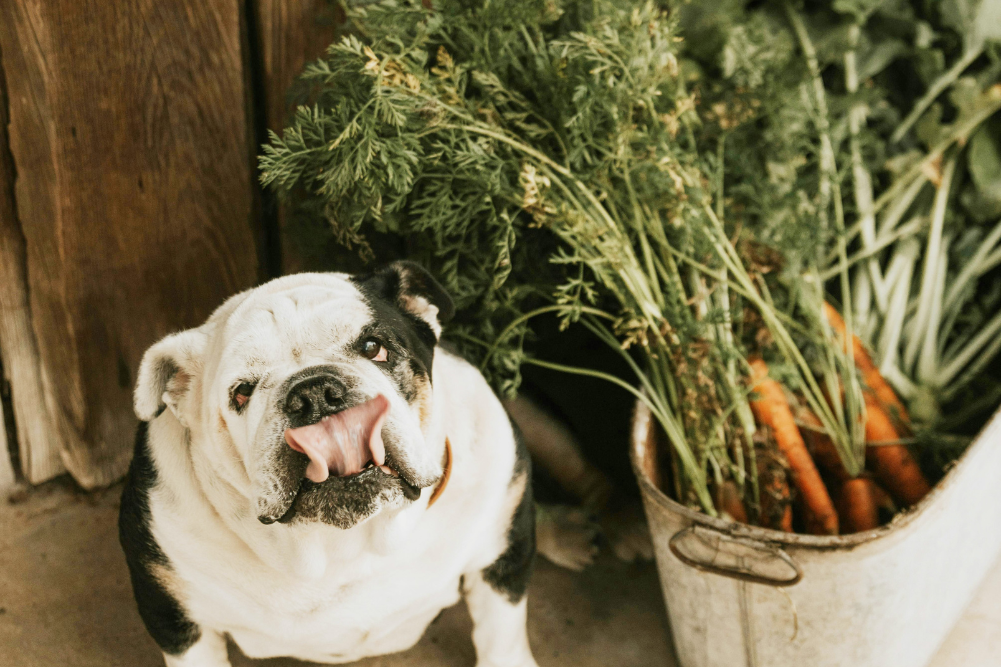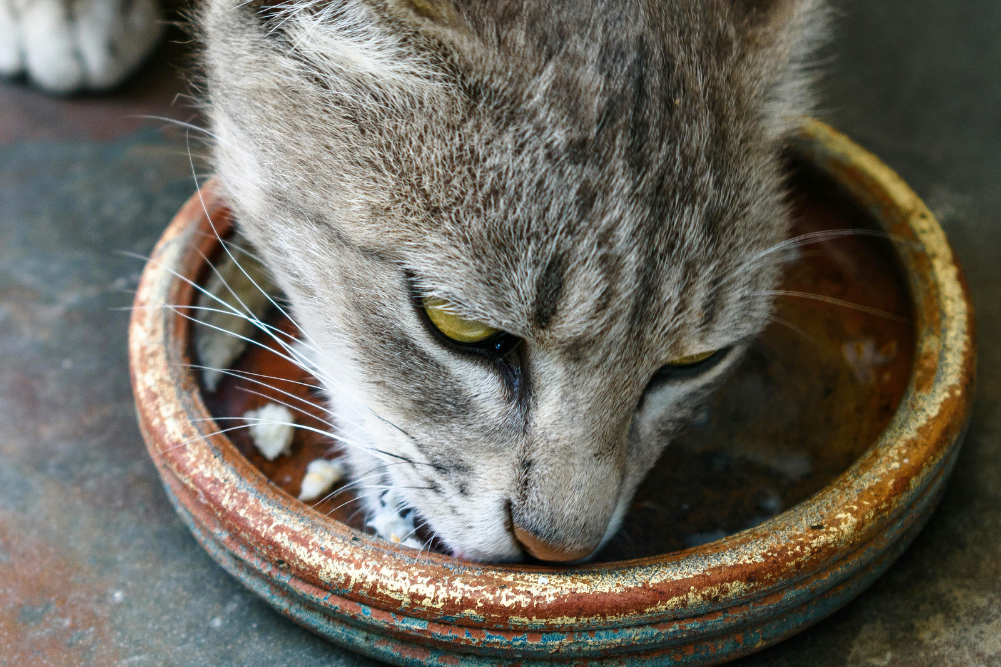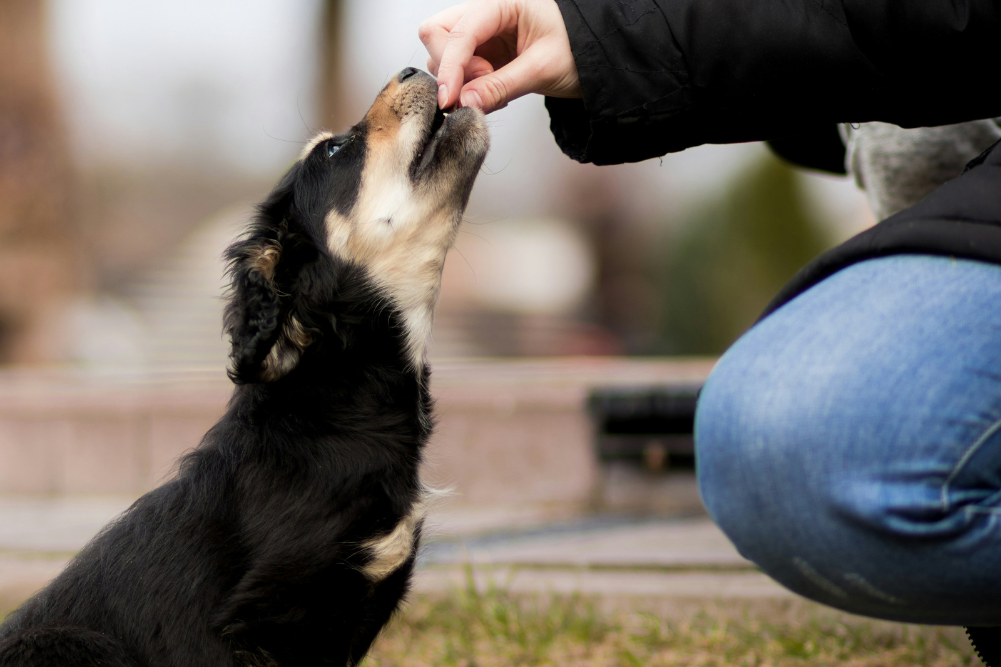Holistic support for liver disease in pets
The liver resides just under our diaphragm. It is a large, solid organ, segmented into four major lobes. When I first studied biology, I thought it seemed unremarkable, not nearly as fascinating as several feet of intestine. The liver acts as a large filter between the gut and the circulation. Without a liver, we would be unable to manage our energy needs, lack essential proteins and clotting factors, lack storage for essential vitamins and lack the ability to transform and detoxify many drugs, toxins and hormones.
Due to its many important jobs, clinical signs of liver disease in our pets can vary. These may include poor appetite, poor coat, vomiting and diarrhoea, jaundice, weight loss, bleeding tendencies, lack of energy, fluid accumulation in the abdomen or lungs, swollen and painful abdomen, bright yellow urine, orange or very pale faeces, behaviour changes, seizures and even coma.
The liver is the main organ in the body responsible for detoxification. This is a two-phase process. Phase I involves cytochrome P450 enzymes and results in free radical production as well as intermediary metabolites. These are further reduced via Phase II reactions and then excreted out of the body via urine or the gut, or stored in bile in the gall bladder.
Sluggish liver detoxification results in intolerance of certain foods, digestive problems, recurring skin and ear problems and altered cholesterol levels, and may lead to more serious diseases such as immune problems or cancer due to the build-up of toxins. Sluggish liver detoxification can result in further damage to liver cells, thereby becoming a perpetuating cycle.
With so many different functions, and so many signs associated with illness, there are many treatments for liver disease. Your veterinarian can run blood tests, and possibly some non-invasive imaging such as ultrasound, to help with a more specific diagnosis. Your vet may also discuss the risk and benefit of taking a liver biopsy.
These days, there is some overlap between conventional approaches to treating liver disease and a holistic approach. Conventional vets will usually prescribe a diet change and frequently antioxidants and natural products such as S-adenosyl-methionine (SAMe), and may also prescribe milk thistle alongside specific medications such as antibiotics, anti-emetics and other gut protectants, diuretics or anti-inflammatory medications.
Your holistic veterinarian can extend this support by discussing diet options in more detail, recommending herbal combinations of either Western herbal tinctures or TCM powdered herbs. Glycetract herbal tinctures may be used instead of alcohol.
There is no single diet suitable for all pets with liver disease. However, since many dogs and cats with liver disease have poor appetite, diets need to be very palatable. Protein restriction is not required unless your pet shows signs of hepatic encephalopathy (where failure of the liver to detoxify the bi-products of protein digestion can lead to seizures or coma).
In general, the diet should be balanced, using high-quality lean proteins (eg white meat or vegetable proteins), easily digestible carbohydrates, vegetables, soluble fibre, water-soluble vitamins, especially B12, and fat-soluble vitamins, especially E and K. Some suggested foods to include are carrot, beetroot, cucumber, brown rice, eggs and apples (Fougere, B. 2006). In TCM food therapy, the following foods are added to restore liver balance: seafood, eggs, cottage cheese, yoghurt with no added sugar, black sesame seeds, dandelion leaf, watercress, parsley, yams, sweet potatoes, and shiitake and maitake mushrooms (Basko, I. J. 2010).
Micronutrients such as zinc and copper may need reducing for some pets, so check with your vet. A blood test can be run to assess zinc levels — others may require zinc supplements.
Adding fresh liver to the diet provides high-quality protein as well as vitamins, amino acids and minerals.
Supplements to support the liver
Supplements to offset the side-effects of essential medications may include probiotics, prebiotics and slippery elm (Ulmus rubra) to support the gut, and lifestyle advice to reduce anxiety and exposure to unnecessary chemicals.
S-adenosyl-methionine (SAMe) is a natural supplement that has been shown to protect liver cells and play a role in detoxification processes in liver cells. Levels of SAMe in the body may be reduced in patients with liver disease. SAMe also supports the immune system, maintains cell membranes and helps produce and break down brain chemicals.
Antioxidant vitamins include vitamin E, which may reduce the toxic effects of bile on liver cells (Marsden, S. 2003). Consider using oral vitamin C in dogs, unless your dog has copper-storage disease. Also add vitamin B complex and, for cats, consider taurine and choline.
Herbs for liver support
Detoxifying sluggish liver requires toxin removal and support of the gut and liver.
Globe artichoke Cynara scolymus (choleretic, cholagogue) will improve the production and flow of bile from the gall bladder to assist liver detoxification and reduce cholesterol.
Dandelion root Taraxacum official (choleretic, bitter tonic, cholagogue, mild laxative) can be used as a digestive aid to also enhance liver detoxification.
Milk thistle Silybum marianum (hepatoprotective, cholagogue, antioxidant) is used as a liver tonic, to help repair damaged liver cells and improve the removal of toxins, while also protecting it from further damage. It is also used for its anti-carcinogenic and antioxidant properties.
Bupleurum Radix bupleuri is a liver tonic. In TCM it regulates liver qi and removes stagnation, and raises yang qi. It has been used to treat digestive disorders and hepatitis and has been shown to help normalise liver enzyme levels.
Schisandra Schisandra sinensis (hepatoprotective, adaptogen, antioxidant, antitussive) fruit is used in TCM to tonify kidneys and kidney jing, restrain lung qi and calm the spirit and the heart. It is used in acute or chronic liver disease and to enhance detoxification by the liver. It has been used to treat liver toxicity due to excess alcohol consumption, an unlikely use in veterinary medicine.
Combinations of these liver-supporting herbs can be used to treat liver disease in dogs and cats but are best prescribed by a veterinarian familiar with herbs. They may also be used to assist the liver when faced with exposure to chemical toxins, eg flea and tick products, regular medications such as anti-seizure or anti-inflammatory drugs and during chemotherapy.
In addition to diet, supplements and herbs, lifestyle changes such as adequate exercise, maintaining ideal bodyweight, avoiding heavily processed foods with added chemicals, using non-toxic cleaning products and avoiding overuse of insecticides will improve liver recovery.
Karen Goldrick is a holistic veterinarian at All Natural Vet Care, Russell Lea, Sydney. Visit www.naturalvet.com.au







